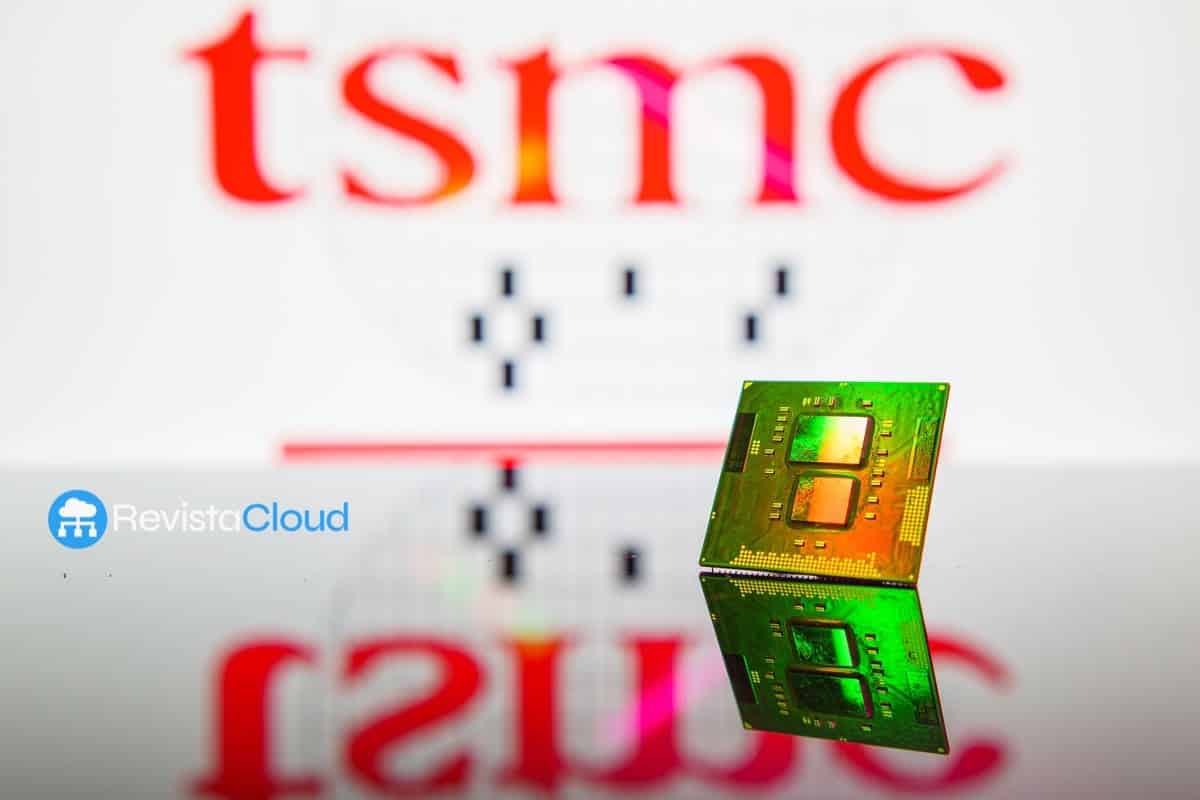Taiwan Semiconductor Manufacturing Company (TSMC), the largest contract semiconductor manufacturer globally, is readjusting its global investment strategy in response to geopolitical pressures and changing market demand. Driven by support from the U.S. government and the increasing need for advanced semiconductors for defense, artificial intelligence, and high-performance computing, the company has decided to accelerate the completion of its factories in Arizona by up to six months compared to the initial timeline.
### The U.S. Becomes a Priority
The new roadmap indicates that the three new production centers—along with two advanced packaging plants and a research center—will be operational before 2030. This ambitious plan, which raises the expected investment in U.S. territory from $65 billion to $165 billion, aims to alleviate supply chain tensions and reduce cost volatility for American customers, even though chips manufactured in Arizona will be priced higher than those produced in Taiwan.
Internal sources at TSMC emphasize that local manufacturing will allow for a more agile response to the strategic demands of key sectors in the U.S., particularly in light of the pandemic’s impact and tensions with China. Furthermore, the decision strengthens the U.S. commitment to technological sovereignty, ensuring a critical supply for national defense and emerging AI sectors.
### Europe and Japan Slow Their Momentum
The landscape is quite different across the Atlantic and in East Asia. In Japan, TSMC’s first factory in Kumamoto has not reached the anticipated utilization levels, and local traffic and infrastructure issues are delaying the start of construction on the second plant. Additionally, a labor shortage and conservative order forecasts from automotive and electronics clients are hindering the expansion of the Japanese project.
In Germany, the slowdown in automobile production—particularly due to declining sales of combustion engines—has weakened chip demand. The joint venture that TSMC has with Bosch, Infineon, and NXP in Dresden is now facing delays, stemming from workforce adjustments and a less favorable macroeconomic environment. The consortium, once seen as a major hope for the European semiconductor industry, must now reassess its growth pace.
### Taiwan Remains the Operational Core
Despite this shift, Taiwan continues to be the operational hub for TSMC, hosting almost half of the nine factories currently under construction. While international diversification is strategic against geopolitical risks, the island retains a dominant position in the global advanced chip ecosystem.
For now, the pause in projects in Japan and Europe is interpreted as a tactical reassignment of resources towards the U.S., where political support, incentives, and urgent demand converge. In the short term, TSMC’s priority is to consolidate its presence and production capacity on U.S. soil, without compromising the technological excellence that has positioned the company as a key player in the global semiconductor race.

